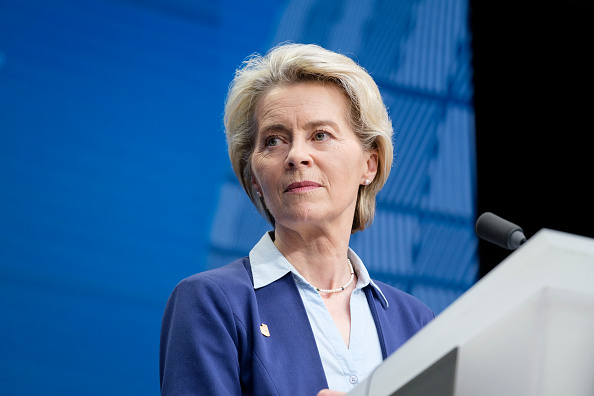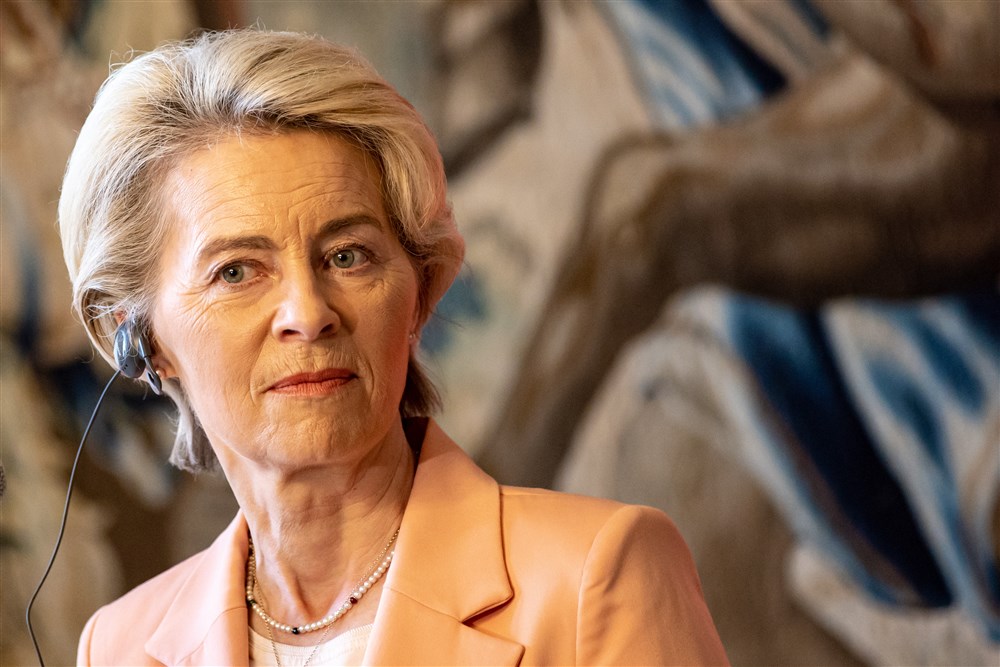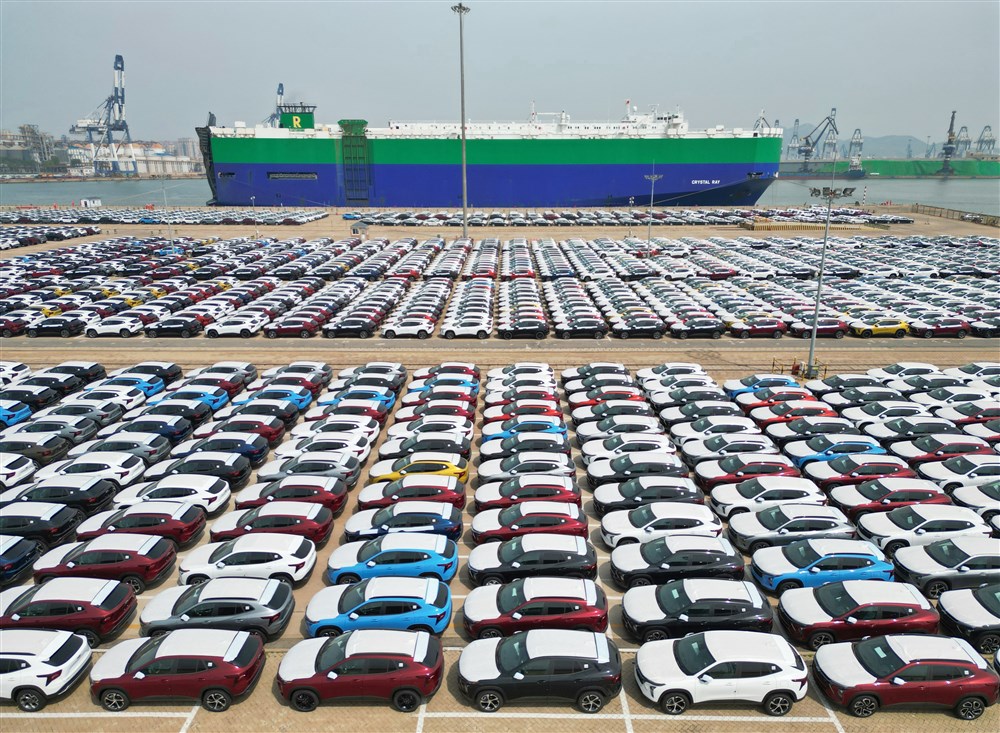EU leaders meet on June 17 to discuss top Brussels jobs with incumbent European Commission President Ursula von der Leyen 60 votes short of a majority in the European Parliament, according to one pollster.
The informal summit in the EU capital will discuss not only the next Commission chief but also the head of the European Council and the next EU foreign minister.
All eyes however will be on von der Leyen and her search for a second mandate.
Despite her post-EU-elections proclamation that her centrist Parliament majority had “held”, the German bureaucrat is thought to be short of the majority she requires for re-appointment.
The EU pollster, who asked not to be named as the “situation is changing daily”, analysed stated support for and against von der Leyen in the immediate aftermath of this month’s elections results. According to this tally, around 20 per cent of those elected had expressed no public opinion for or against, meaning they were marked as “uncertain”. Among the waverers are said to be Greens, European People’s Party members, Socialists and also members of the right-wing European Conservatives and Reformists group.
Around 300 MEPs, according to the pollster’s calculations, had publicly expressed support for another five years of a von der Leyen-led Commission: around 60 short of the 361 majority she requires in the Strasbourg-based assembly.
“We used public statements for our calculations,” the pollster told Brussels Signal. “This is changing every day and might have changed since the elections.”
The Parliament does not have the power to choose the head of the Commission, merely to confirm or reject the nomination of EU governments.
Manfred Weber, President of the European People’s Party, said following the elections that 13 heads of EU governments hailed from his group, as does von der Leyen. This would suggest she is favourite to secure a nomination for another term though here too she could face opposition. Several governments have objected to her sidelining them and their institution, the Council of Ministers, over the last five years. “When she went to Tunisia to do a deal on migration, she sidelined not only the European Parliament but the Council as well,” said one Parliament source. “At the Parliament we are used to getting sidelined, but when you sideline the Council, that is something else.”
In the Council, von der Leyen will require a qualified majority to become the official candidate.
The assembly vote on the next Commission President will follow, either next month or in September. It will be a secret vote.
The majority that saw her over the line last time — the European People’s Party, the Socialists and the Liberals — is 400-strong in the Strasbourg chamber though a number of MEPs are expected to defy their group’s whips as last time. Von der Leyen was confirmed in her post five years ago with a majority of just nine.





